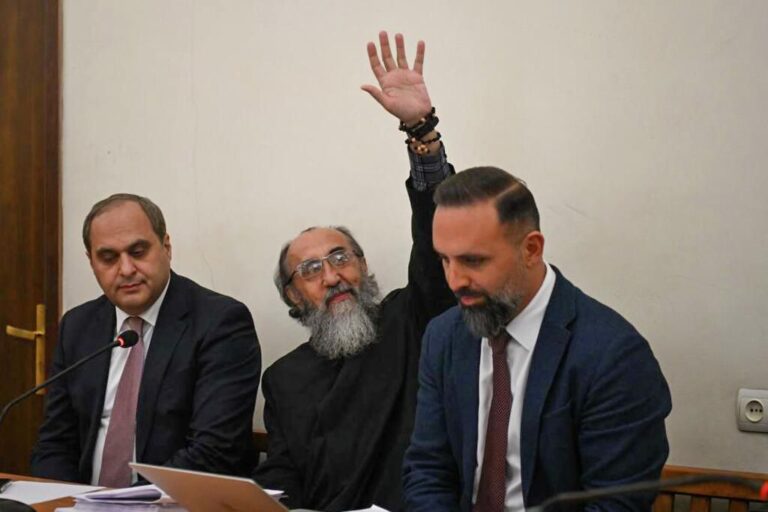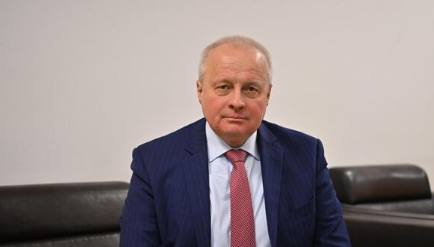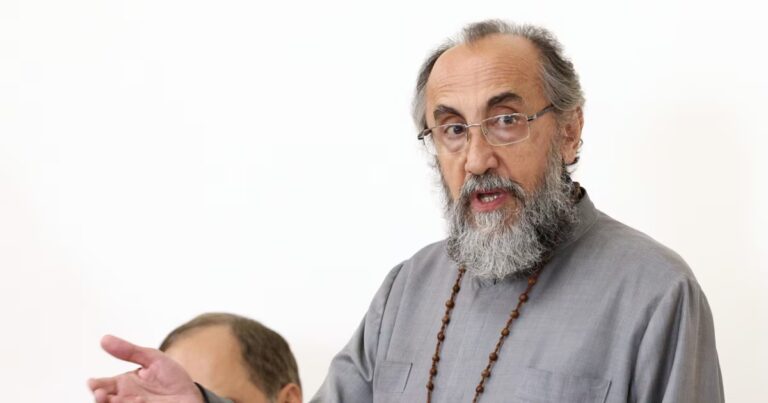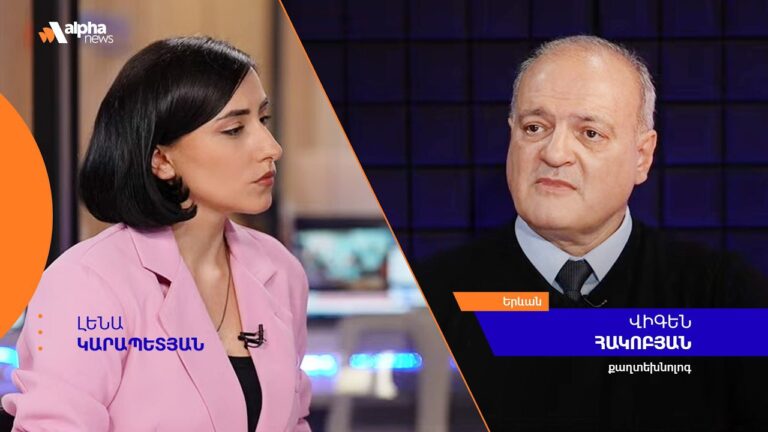New “match fixing” between Pashinyan and Aliyev
October 15 2024, 12:15
Almost every month, if not every week, brings more and more tension in relations between Yerevan and Baku. The increase in tension is so high that soon, apparently, even members of the Civil Contract Party will understand and openly state that the strategic goal voiced by Armenian President Vahagn Khachaturyan to sign a peace treaty in the next four weeks is unrealizable.
Nikol Pashinyan, during the conference “Crossroads of Peace: Combining Security and Democracy”, quoted paragraph 9 of the November 9, 2020, trilateral declaration focusing on the sentence: “Control over transport communication shall be exercised by the Border Guard Service bodies of the FSS of Russia.” He noted that this means that Russia’s representatives can be provided with some kind of monitoring function to see how Armenia fulfills its obligation. Complementing Pashinyan’s words, the spokesperson of the Armenian Foreign Ministry stated that “the physical presence of the Border Guard Service of the FSS of Russia is not provided for in Paragraph 9.” If the Armenian authorities are so pedantic, then they should understand that in the November 9 declaration they will not find a sentence that “the physical presence of the Border Guard Service of the FSS of Russia is not provided for” either. Let’s focus on the processes launched by Pashinyan’s new statements.
Commenting on Pashinyan’s statements, the Azerbaijani Foreign Ministry said that Pashinyan’s statement on the opening of communications with reference to the trilateral declaration “once again demonstrates the disdainful attitude of the leadership of this country towards the obligations assumed.”
On the same day that Nikol Pashinyan spoke, the Azerbaijani Defense Minister instructed to strengthen the vigilance of troops on the border with Armenia.
Add to this the fact that military supplies from Israel to Azerbaijan have increased, intelligence agents from Turkey and Azerbaijan have begun to actively patrol the borders of Armenia and Iran again, as well as increased talks that US representatives may join the EU monitoring mission in Armenia, which will finally turn it into the mission of the North Atlantic Alliance, and you may get the impression that we are dealing with “match-fixing” again.
Armenia is deliberately destructive. This was most clearly manifested in Moscow (which Azerbaijan took advantage of), when, apparently, it was Pashinyan’s position that led to the fact that a trilateral meeting did not take place. All this cannot but suggest an excessively strange course of the negotiation process. Apparently, a situation is being artificially created in which it will seem that the parties have no other way out to resolve the contradictions than war. The attitude of the Armenian ruling elite proves that at a deep level they have the following idea: “Who said that it is impossible to justify the surrender of the corridor, Tigranashen, and also Davalu?”
The following thesis voiced during the conference should also be taken into account: “The Islamic Republic of Iran is one of the few countries that expresses clear support for the Crossroads of Peace.” This, in turn, means that our thesis put forward earlier is correct. Even if Nikol Pashinyan’s idea is correct and we are not looking for a geopolitical factor aimed at the transport and logistics blockade of Russia or an act of betrayal behind it, then it is obvious that Pashinyan lacks competence to implement this project. Otherwise, the project, which, according to the authorities, may become one of the foundations of the security architecture of the peaceful South Caucasus, would have more supporters. And the project itself would really be a crossroads—that is, open to all players involved in the processes. However, the position of the Armenian authorities turns the “crossroads” into a dead end of the war. This is what Azerbaijan is taking advantage of.
Think about it…








